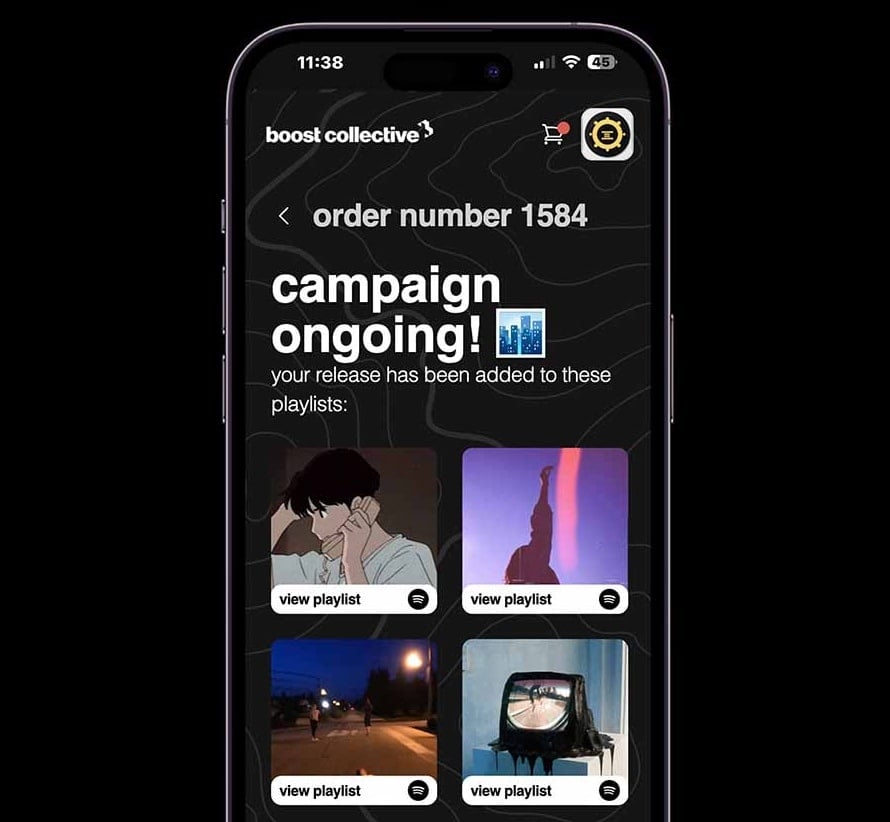Overview

As an aspiring musician, have you ever thought about how to reach a wider audience and promote your music?
Social media is one option, also email and marketing automation services but have you considered the power of email marketing?
Introduction
Email marketing for musicians has been around for a while, but it remains a highly effective way to connect with potential fans and keep existing ones engaged with new album.
In fact, it's estimated that email marketing has an ROI of $38 for every $1 spent.
If you're serious about promoting your music, email marketing should be a part of your overall marketing strategy.
It allows you to directly communicate with your audience and build a relationship with them consistently engage them even a quiz further, leading to more ticket and merch sales, as well as increased visibility.
In this feature, we'll explore the role and best features of email marketing automation in music promotion and provide tips on how to use it effectively.
Importance Of Email Marketing In Music Promotion
Email marketing in music promotion refers to the practice of utilizing email campaigns to reach out to and engage with fans, supporters, and potential listeners in the music industry.
It involves sending targeted and personalized emails to individuals who have voluntarily subscribed to receive updates and valuable information from musicians, bands, record labels, or other music-related entities.
The importance of using email marketing campaigns in music promotion stems from several key factors:
-
Direct communication: Email marketing allows musicians to establish a direct line of communication with their audience. By collecting email addresses from interested individuals, artists can send updates, news, tour announcements, new releases, exclusive content, and other relevant information directly to their fans' inboxes.
-
Personalized engagement: Email campaigns provide an opportunity for musicians to personalize their messages based on the recipient's preferences and interests. By segmenting their email lists, artists can tailor their content to different fan groups, such as sending exclusive offers to loyal supporters or tour updates to fans in specific regions.
-
Building relationships and loyalty: Regularly connecting with fans through email helps build a sense of community and loyalty. By sharing personal stories, behind-the-scenes insights, and exclusive content, musicians can strengthen their relationships with fans and foster a loyal following.
-
Driving traffic and sales: Email marketing is an effective tool for driving traffic to a musician's website, social media profiles, and online stores. By including links to new music releases, music videos, merchandise, and concert ticket sales in their emails, artists can generate traffic and boost sales directly from their engaged fan base.
-
Analytics and insights: Email marketing platforms provide valuable analytics and insights into campaign performance. Artists can track metrics such as open rates, click-through rates, and conversions, allowing them to refine their email strategies and understand what resonates with their audience.
-
Cost-effectiveness: Compared to other marketing channels, email marketing is relatively cost-effective. It requires minimal investment in terms of software subscriptions and can be managed by the artist or a small team. Additionally, the return on investment (ROI) can be substantial, especially when compared to traditional advertising methods.
Overall, email marketing in music promotion offers musicians a powerful and direct way to connect with music fans everywhere, build relationships, drive engagement, and increase their reach and sales within the music industry.
Building An Email List For Your Music Promotion
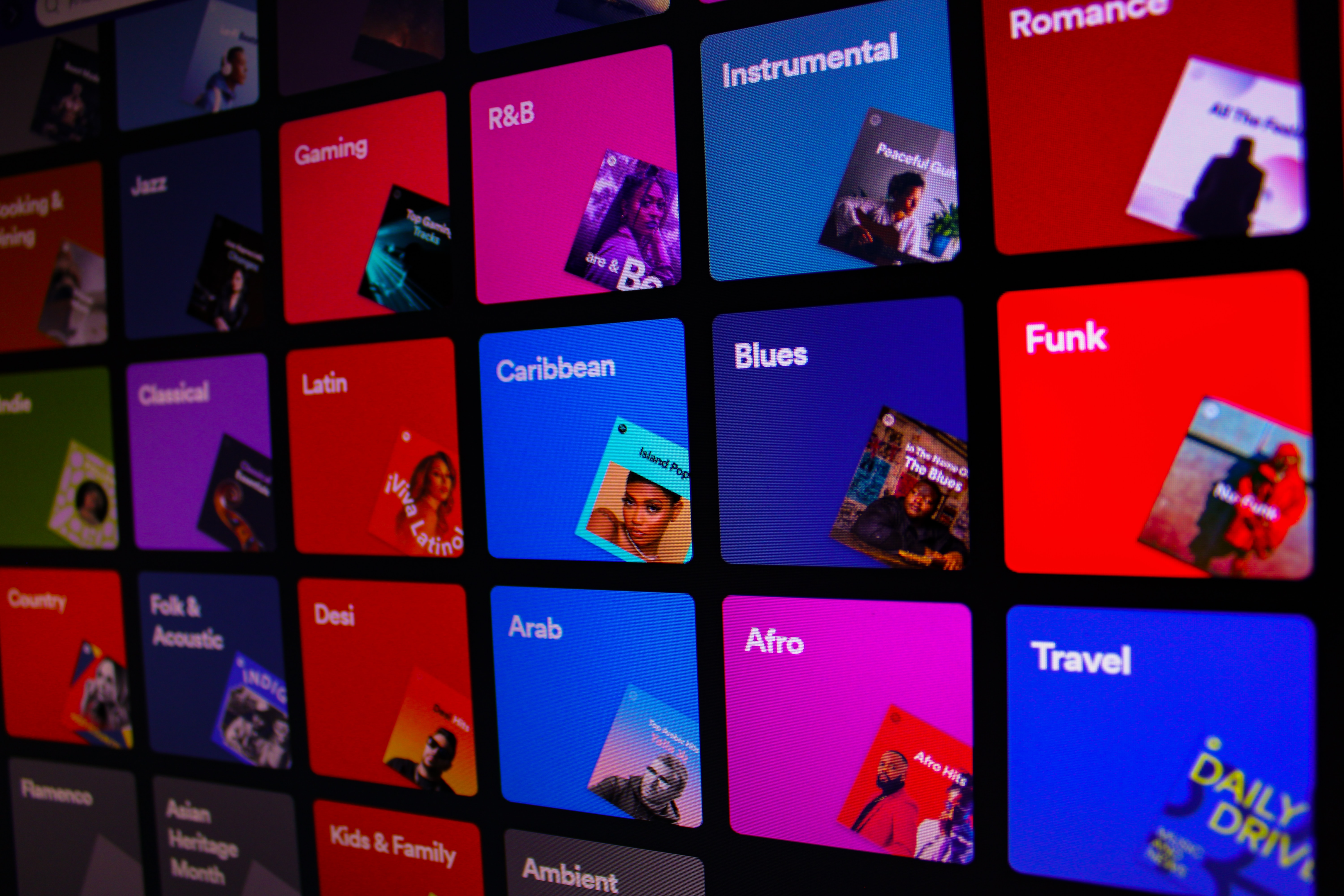
Building an email list for music promotion is a great marketing strategy, for reaching and engaging with your fans directly.
Here are some steps to help you build an effective email contact list yourself:
-
Choose An Email Marketing Service: Start by selecting an email marketing service that suits your needs. Popular options include Mailchimp, Constant Contact, and ConvertKit. These platforms provide tools to manage your subscribers and send out email campaigns.
-
Create A Compelling Opt-In Incentive: Offer an incentive to encourage fans to subscribe to your email list. It could be exclusive content like unreleased tracks, behind-the-scenes footage, or a free download. Make sure it's something valuable and relevant to your target audience.
-
Design An Eye-Catching Signup Form: Use your email marketing service to create an attractive signup form that captures visitor information. Place the form prominently on your website, blog, and social media platforms. Keep the form simple, asking for minimal information such as name and email address to increase sign-up rates.
-
Optimize Your Website: Make sure your website is optimized to capture email sign-ups. Add a signup form to your homepage, and consider using pop-ups or slide-ins to grab visitors' attention. Offer a clear call-to-action and highlight the benefits of joining your email list.
-
Leverage Social Media: Promote your email list on social media platforms where you have a presence. Direct your followers to your signup form, and regularly remind them about the exclusive content and updates they'll receive by subscribing.
-
Collaborate With Other Artists Or Influencers: Partnering with other musicians or influencers in your genre can help expand your reach. Offer joint incentives or exclusive content for their audience, and include a call-to-action to join your email list.
-
Engage At Live Shows: Collect email addresses at your live shows by setting up a physical signup sheet or using a tablet for digital sign-ups. Encourage attendees to join your list for exclusive updates and special offers.
-
Utilize Lead Magnets: Create additional incentives, such as a free song or access to a private online concert, to entice people to join your email list. These lead magnets can be promoted on your website, social media, and other marketing channels.
-
Provide Valuable And Engaging Content: Once people subscribe to your email list, it's important to provide regular and valuable content. Send updates about new music releases, upcoming shows, exclusive discounts, and behind-the-scenes stories. Engage with your subscribers by asking for feedback, hosting contests, or offering opportunities for fan involvement.
-
Segment And Personalize: As your email list grows, segment your subscribers based on their preferences, location, or engagement level. This allows you to personalize your emails and send targeted messages, resulting in higher open rates and better engagement.
Remember to comply with applicable email marketing regulations, such as including an unsubscribe option and respecting users' privacy preferences.
Building an email list takes time and consistent effort, but it can be a powerful tool for connecting with your fans and promoting your music effectively.
Crafting Compelling Email Content
Compelling email content plays a crucial role in the success of music promotion campaigns such as email one.
Email remains one of the most effective and direct social and other news media channels used for reaching and engaging with fans newsletter subscribers, industry professionals, and potential listeners.
To make the most of your email marketing efforts, here are a few ways to welcome email, and several reasons why compelling email content is the best email marketing service and vital for music promotion:
-
Attention-Grabbing Subject Lines: A compelling subject line is essential to entice recipients to open your email. It should be concise, intriguing, and create a sense of urgency or curiosity. An eye-catching subject line increases the chances of your email being opened and read.
-
Engaging Introduction: Once the email is opened, a strong and engaging introduction is crucial. Captivate your readers with a concise and personalized opening that hooks them from the start. Make it clear why they should continue reading and what value they will gain from your message.
-
Clear Call to Action (CTA): A well-defined and compelling call to action is vital for music promotion emails. Whether you want recipients to stream your new song, watch a music video, or attend a concert, the CTA should be persuasive, direct, and easy to follow. Use action verbs and emphasize the benefits of taking the desired action.
-
Personalization and Segmentation: Tailoring your email content to specific segments of your audience can greatly enhance its effectiveness. Use recipient data such as their location, past interactions, or musical preferences to personalize the content. Addressing recipients by their name and referencing their previous engagement can make the email feel more personal and relevant.
-
Valuable and Relevant Content: Provide valuable content in your email beyond simply promoting your music. Share exclusive updates, behind-the-scenes stories, or insights about your creative process. You can also include links to blog posts, interviews, or playlists that align with your audience's interests. By offering relevant and interesting content, you build trust and keep recipients engaged.
-
Visual Appeal: Incorporating visual elements such as album artwork, promotional photos, or engaging graphics can make your email more visually appealing. Well-designed emails are more likely to capture the attention of recipients and encourage them to continue reading. However, be cautious not to overload the email with too many visuals, as it might slow down the loading time or distract from the main message.
-
Consistency and Frequency: Consistency in your email communications helps establish a relationship with your audience. Plan a consistent email schedule and stick to it. However, avoid bombarding your subscribers with too many emails, as it can lead to fatigue or unsubscribes. Find the right balance and ensure that each email provides unique value.
-
Mobile Optimization: With the majority of people accessing emails on their mobile devices, it's crucial to optimize your emails for mobile viewing. Make sure your email design is responsive, easy to read, and visually appealing on smaller screens. A seamless mobile experience improves engagement and increases the likelihood of recipients taking action.
Remember, compelling email content should always focus on providing value to your recipients.
By consistently delivering high-quality and engaging music video content, you can cultivate a loyal fan base, increase music streams and sales, and establish meaningful connections within the music industry and fan community.
Promoting Music Through Email (Email Marketing Services)
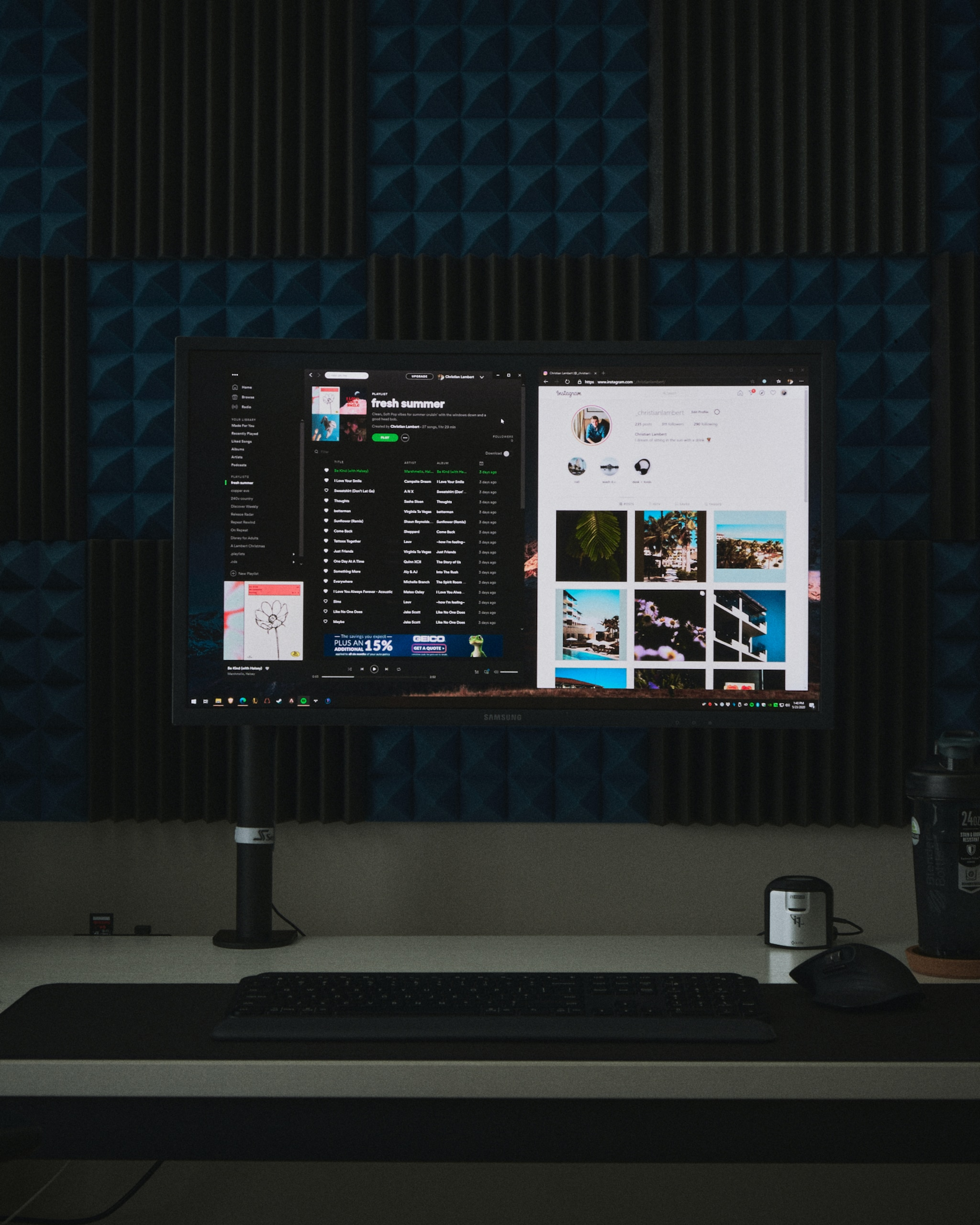
Promoting music through personal email can be an effective way to reach out to your audience and build a connection with your fans. Here are some tips to help you effectively promote your music through email:
-
Build an email list: Start by building an email list of your fans and potential listeners. You can collect email addresses through your website, social media platforms, or at live performances. Make sure to obtain permission to send them emails to comply with data protection regulations.
-
Choose an email marketing platform: There are various email marketing platforms available that can help you manage and automate your email campaigns. Popular options include Mailchimp, Constant Contact, and Sendinblue.
-
Create engaging content: Craft compelling and engaging emails that provide value to your subscribers. Include updates on your latest music releases, upcoming shows or tours, behind-the-scenes content, personal stories, and any exciting news related to your music career. Make your emails interesting and personal to keep your subscribers interested and connected.
-
Segment your audience: Divide your email list into segments based on different criteria, such as location, music preferences, or engagement level. This allows you to tailor your emails and send more targeted messages to specific groups, increasing the chances of engagement.
-
Offer exclusive content: Provide your email subscribers with exclusive content as a way to reward their loyalty. This could include early access to new songs, exclusive live performances or recordings, special discounts on merchandise or concert tickets, or even personalized messages.
-
Use multimedia elements: Incorporate multimedia elements like images, videos, or audio clips in your emails to make them visually appealing and showcase your music. You can embed a music player directly in the email or link to a landing page where subscribers can listen to your songs.
-
Call-to-action (CTA): Include clear and compelling calls-to-action in your emails to guide your subscribers on what action you want them to take. Whether it's streaming your new song, following you on social media, purchasing merchandise, or attending your upcoming concert, make it easy for them to take the desired action.
-
Regularity and consistency: Maintain a consistent email schedule to keep your audience engaged. Whether you choose to send newsletters monthly, biweekly, or weekly, stick to the schedule and make sure your subscribers know when to expect updates from you.
-
Monitor and analyze results: Pay attention to the performance of your email campaigns. Most email marketing platforms provide analytics and insights on open rates, click-through rates, and conversions. Use this data to refine your strategies and improve the effectiveness of future campaigns.
-
Personalize and automate when possible: Utilize personalization features in your email marketing platform to address subscribers by their names and segment your audience for more personalized content. Additionally, automation can help streamline your email campaigns, such as sending automated welcome emails to new subscribers or follow-up emails after a concert.
Analyzing Email Campaign Performance For Your Music
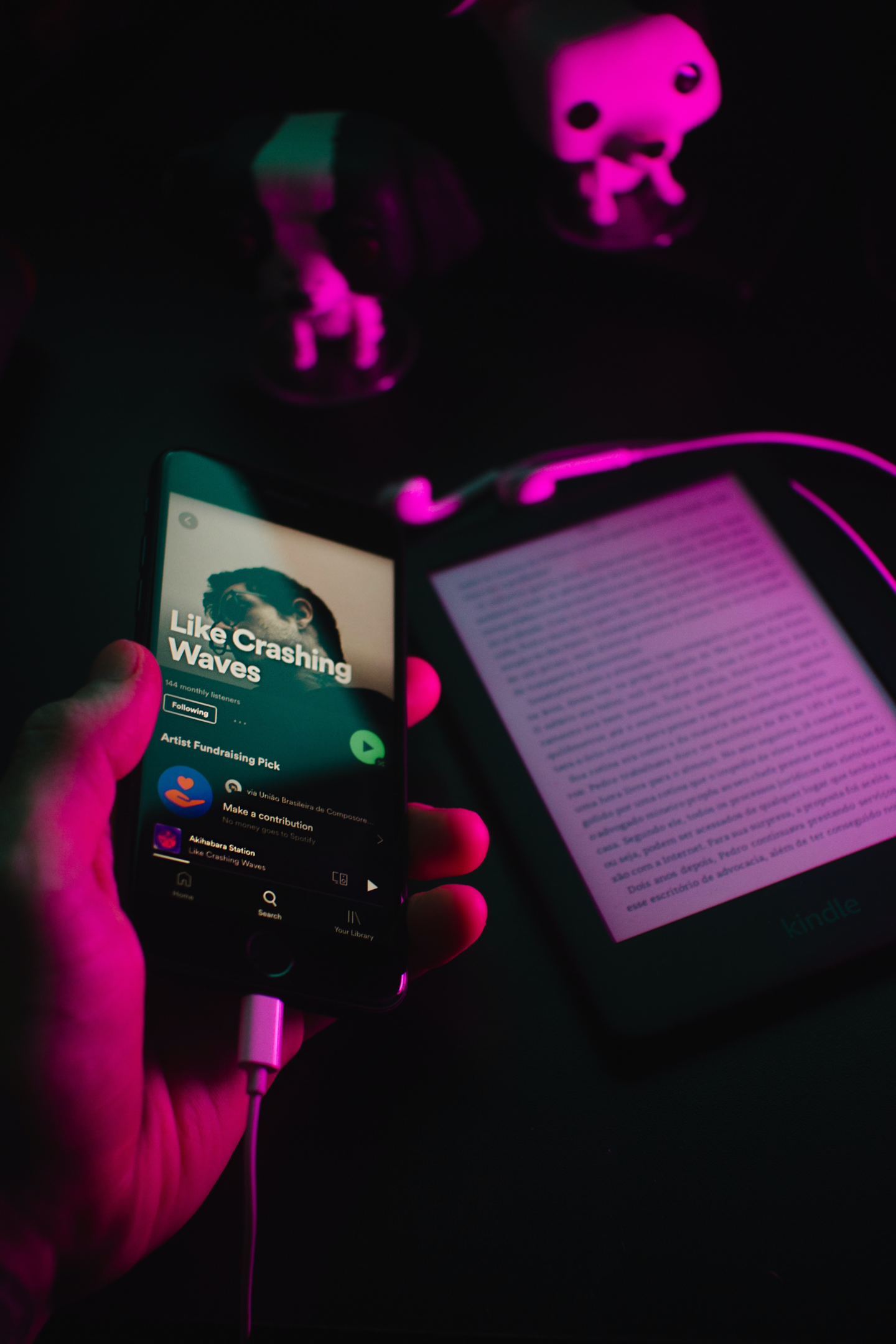
Analyzing email campaign performance for your music streaming platforms can provide valuable insights into the effectiveness of your promotional efforts and help you make data-driven decisions to optimize future campaigns.
Here are some key steps to analyze your email campaign performance:
-
Define Your Goals: Clearly define the objectives of your email campaign. Is it to increase music sales, drive traffic to your website, promote a new release, or engage with your audience? Having specific goals will help you measure the success of your campaign accurately.
-
Choose Relevant Metrics: Select the key performance indicators (KPIs) that align with your campaign goals. Some common email marketing metrics include open rate, click-through rate (CTR), conversion rate, unsubscribe rate, and revenue generated. These metrics provide insights into different aspects of your campaign's performance.
-
Set Up Tracking: Utilize an email marketing platform or service that offers robust tracking and analytics capabilities. Popular platforms like Mailchimp, Constant Contact, or Campaign Monitor provide detailed reports on email metrics. Ensure you have tracking enabled to collect data on email opens, clicks, conversions, and other relevant actions.
-
Monitor Open Rates: The open rate measures the percentage of recipients who open your emails. A low open rate may indicate issues with your subject lines, sender name, or email timing. Experiment with different subject lines and personalization to improve open rates.
-
Assess Click-Through Rates (CTR): CTR measures the percentage of recipients who clicked on links within your emails. A high CTR indicates engaged recipients. Analyze the content and placement of your call-to-action (CTA) buttons or links to optimize CTR.
-
Conversion Tracking: If your goal is to drive sales or specific actions (e.g., streaming your music), track conversions. Use unique URLs, coupon codes, or UTM parameters to attribute conversions to your email campaign accurately. This data helps you understand the revenue or impact generated by your emails.
-
Analyze Audience Segments: Segment your email list based on different criteria such as demographics, location, engagement level, or past purchase behavior. Compare the performance of different segments to identify which groups respond best to your campaigns. This analysis can inform future targeting and personalization strategies.
-
Test And Iterate: Continuously test different elements of your email campaigns, such as subject lines, email content, visuals, and CTAs. A/B testing can help you identify the most effective variations. Implement changes based on the insights gained to improve future campaigns.
-
Compare Performance Over Time: Track your email campaign performance over multiple campaigns and periods to identify trends and patterns. Look for improvements or declines in key metrics and identify factors that may have influenced these changes.
-
Take Feedback Into Account: Pay attention to feedback received from recipients, such as replies, comments, or survey responses. This qualitative feedback can provide valuable insights and help you understand your audience's preferences and needs better.
Remember that analyzing email campaign performance is an ongoing process. Regularly review email campaign profitability and refine your strategies based on the data you collect.
By using automated campaigns and continuously optimizing your email campaigns, you can maximize the impact of email platform on your music promotions and build stronger connections with your audience.
The Wrap-Up (Email Marketing Campaigns)
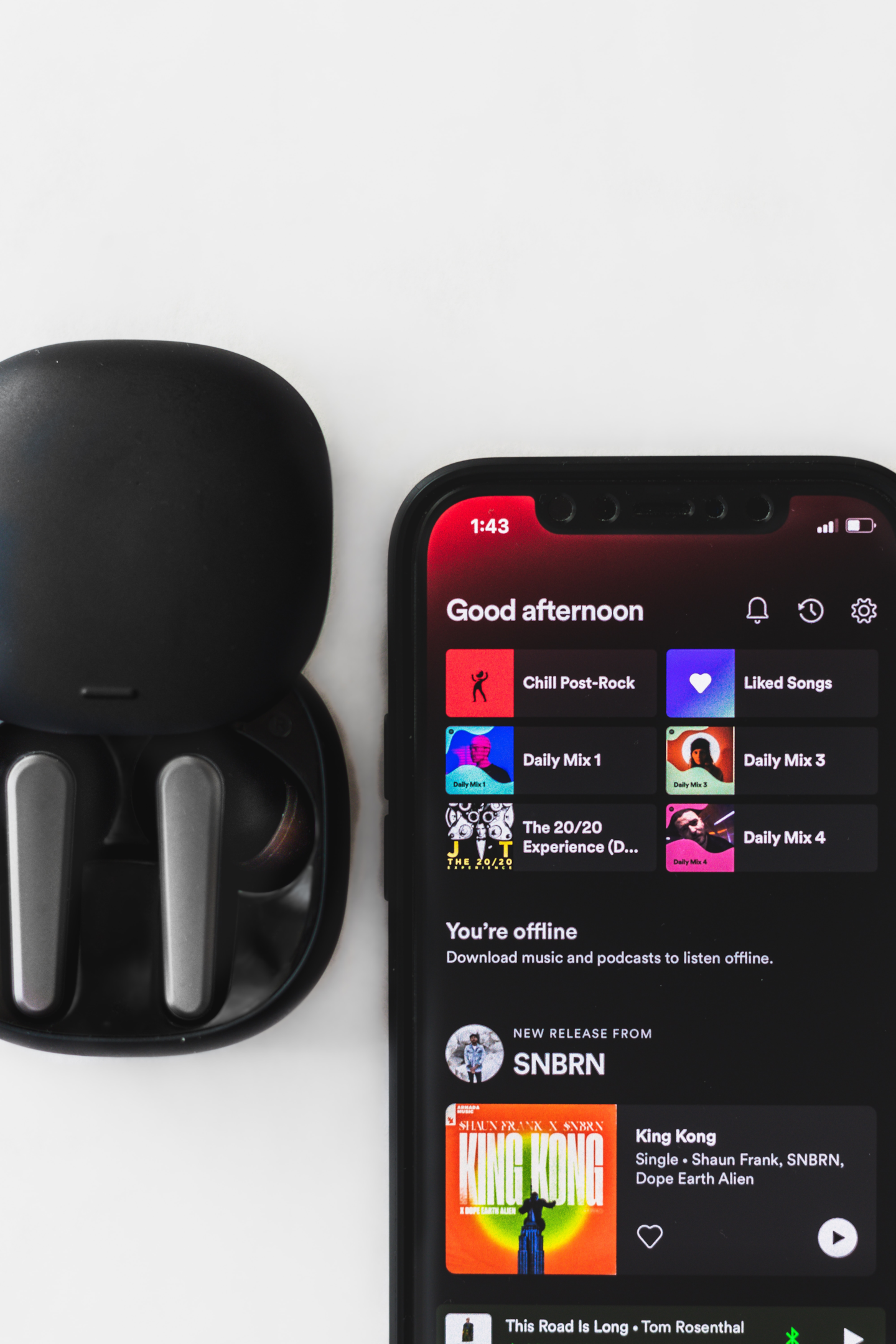
"Email marketing for musicians is an essential tool for musicians who want to promote their music and engage with their fans.
By building an email list, creating campaigns, promoting your music on other accounts, engaging with your fans regularly, and measuring your results, you can create a successful email marketing campaign that will help you reach new heights in your music career.
